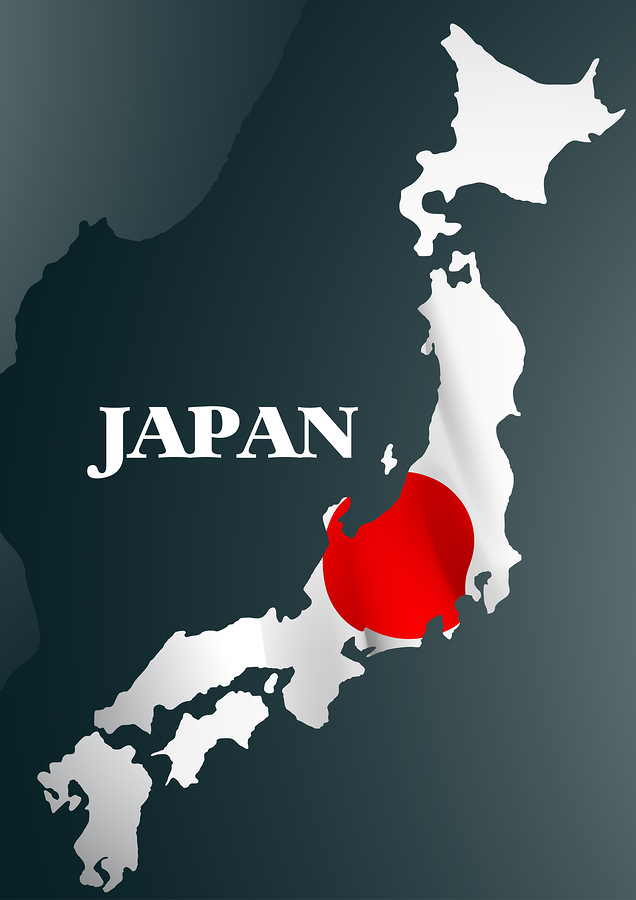Islamic State Could Mount Cyber Attack in Japan, Minister Says

©2015 Bloomberg News
NYPIMT6KLVRC
NYPIMT6KLVRC
(Bloomberg) — Japan is at risk of cyber attacks on its essential infrastructure by Islamic State, the country’s minister in charge of public safety said in an interview two weeks after a series of lethal terrorist attacks in Paris.
Chairperson of the National Public Safety Commission since October, cabinet minister Taro Kono supervises the National Police Agency, meaning he is closely involved with security arrangements as the country prepares for the Group of Seven meeting in Japan next year and the 2020 Tokyo Olympics. Kono didn’t cite any specific Islamic State threats against Japan, though the group has said it considers Japan a target.
“What we need to be most concerned about is Islamic State progressing to cyber attacks on important infrastructure from using the Internet for public relations and recruiting,” Kono said Tuesday. “They have some very capable people” and are likely to make such a move in the “not-too-distant future,” he said.
While Japan has not experienced an Islamic State attack on its own soil, two of its citizens were kidnapped by the group, which announced in February it had murdered them. The killings came as Prime Minister Shinzo Abe pushed a policy of closer military cooperation with the U.S. and other partners, something opponents say may entangle the long-pacifist nation in conflict.
Security Advantages
The shift in threats from physical attacks to cyber space will undermine the security advantages on which Japan has tended to rely: difficulty of access to the island nation and strict gun controls, Kono said at his offices. Japan will therefore be exposed to similar risks to those faced by the U.S. and Europe in future, and must work to seal off vulnerable points in advance of any attack, he added.
The Japanese government has been consulting with the Central Intelligence Agency and Britain’s MI6 intelligence service to gain expertise, Kono said. As he seeks to bolster Japan’s ability to counter new threats, he may find himself torn by his concurrent responsibility for cost-cutting as minister for administrative reform.
“If you think about countering terrorism and security policy, you need to increase the number of bureaucrats,” he said. “On the other hand, if you think about bringing the primary balance into the black, it’s not about increases, but how far you can cut back the number of bureaucrats.”
MI6
On the security front, one of his priorities will be to prepare for the 2020 Olympics when thousands of athletes and tourists will descend on Tokyo. Assuring safety at the Games is a massive endeavor, said Sir John Scarlett, a former chief of MI6, which helped with security arrangements for the 2012 event in London.
More than 18,000 troops were involved in security for the London Olympics, twice the figure deployed by the U.K. to Afghanistan, he said. The operation also involved 52 police forces and 7,500 private security guards.
“With globalization, you potentially bring the world’s problems to Japan,” Scarlett said at a security conference in Tokyo last week. “The cyber dimension will further complicate the threat landscape.”
–With assistance from Andy Sharp.
To contact the reporters on this story: Isabel Reynolds in Tokyo at ireynolds1@bloomberg.net; Kyoko Shimodoi in Tokyo at kshimodoi@bloomberg.net To contact the editors responsible for this story: Andrew Davis at abdavis@bloomberg.net Andy Sharp







No Comment